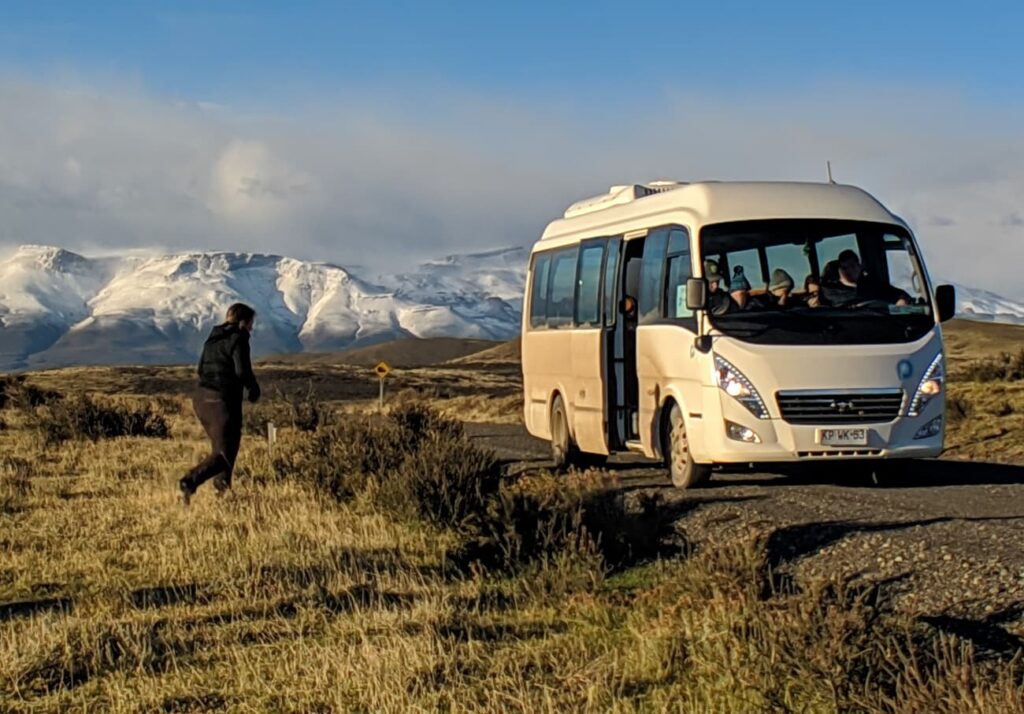
Travel has consistently been recognized as a powerful catalyst for personal growth and development. By exposing individuals to new experiences, cultures, and challenges, travel can enhance various aspects of emotional and cognitive development. This report explores the multifaceted ways in which travel fosters personal growth, drawing from numerous studies and expert opinions.
Broadening Perspectives

One of the most significant benefits of travel is its ability to expand one's worldview. By engaging with different cultures and lifestyles, travelers challenge their preconceived notions about the world. This exposure leads to greater empathy and understanding, as individuals learn to appreciate diverse customs and perspectives. As noted in a source, “Travel allows us to witness firsthand how the actions and decisions of individuals and nations have ripple effects far beyond their borders,” fostering a sense of global citizenship[9]. Furthermore, interacting with locals provides valuable insights that teach appreciation for the complexity and richness of human diversity, countering stereotypes and biases[9][7].
Building Confidence and Resilience

Travel inherently involves stepping out of one's comfort zone, which can significantly bolster self-confidence. As individuals navigate unfamiliar environments, face language barriers, and adapt to new cultural norms, they develop resilience. The ability to tackle unexpected situations enhances problem-solving skills and promotes a ‘can-do’ attitude towards challenges. For example, travel frequently requires individuals to “manage on their own in unfamiliar settings,” fostering self-reliance in the process[5]. A psychologist noted, “Traveling is essential to promoting happiness and managing stressful situations,” which underlines the therapeutic benefits of overcoming travel-related challenges[7].
Enhancing Mindfulness and Creativity

Travel encourages people to live in the moment, paying attention to their surroundings and experiences. This heightened state of mindfulness can lead to increased creativity and cognitive flexibility. As individuals immerse themselves in new cultures, they stimulate their brains to form new neural connections, enhancing creative thinking and adaptability[10][7]. Evidence supports that “foreign experiences increase cognitive flexibility and depth and integrativeness of thought,” making travelers more innovative[4].
Personal Identity Exploration

Travel can serve as a significant platform for self-discovery and identity formation. Individuals often return from their journeys with a revised understanding of who they are. A traveler shared that being in a new environment allowed them to “present yourself in whatever way feels true,” highlighting how travel can enable personal reinvention[3]. This ability to reassess one’s identity away from the expectations of familiar settings can lead to profound transformations in self-perception and values[8].
Enhanced Emotional Well-Being

The psychological benefits of travel extend to emotional health, providing relief from stress and anxiety. Regular travel has been linked to improvements in mood and overall mental health. Research indicates that “80% of respondents said travel improves their general mood and outlook on life”[4]. Furthermore, the anticipation of a trip can enhance well-being even before travel begins, as individuals feel happier when they have a vacation planned[10]. This positive impact can last well beyond the trip, with many people experiencing residual benefits such as improved mental clarity and energy upon their return[6][10].
Strengthening Relationships

Traveling with family or friends can also reinforce personal relationships, enhancing feelings of love and belonging. Shared travel experiences facilitate deeper connections and help couples or friends develop a sense of shared goals[10]. One source emphasized that “sharing your amazing travel adventures with loved ones helps enhance your connection with them while intensifying feelings of love and belonging”[4]. Thus, travel acts not only as an individual growth opportunity but also as a means to strengthen interpersonal bonds and improve communal ties.
Conclusion
Travel is a potent agent of personal growth, offering a wealth of experiences that foster confidence, creativity, resilience, and emotional well-being. By engaging with diverse cultures and navigating unfamiliar environments, individuals can expand their horizons, nurturing empathy and understanding. These transformative experiences can significantly impact how travelers perceive themselves and their place in the global community, making travel not just a leisure activity but a crucial component of personal development. The psychological benefits of travel reinforce its importance as a tool for self-discovery and emotional health, underlining the need for individuals to embrace the opportunity to explore the world around them.
Get more accurate answers with Super Pandi, upload files, personalized discovery feed, save searches and contribute to the PandiPedia.
Let's look at alternatives:
- Modify the query.
- Start a new thread.
- Remove sources (if manually added).